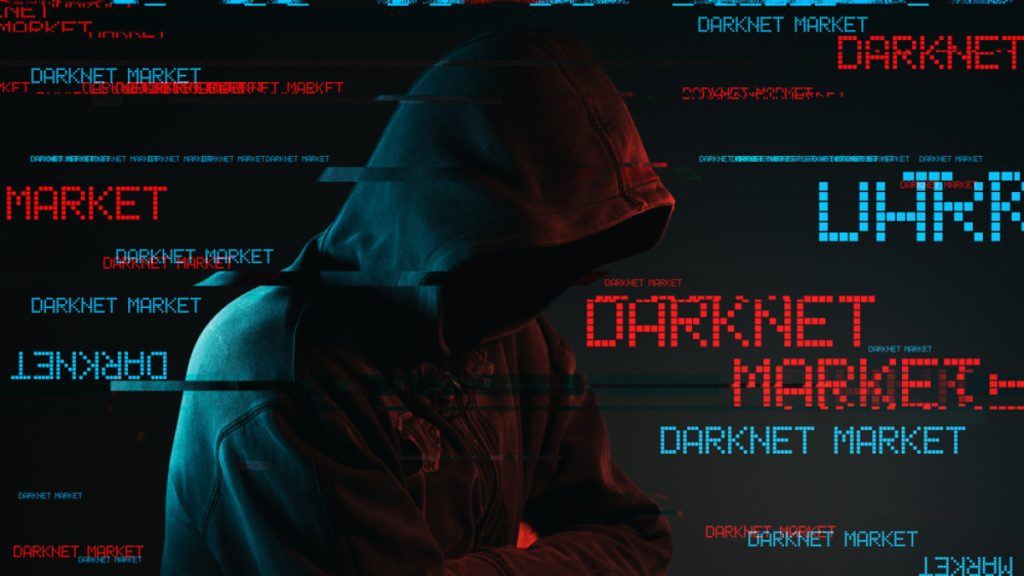Hidden Services and Cryptocurrency – The Dark Web’s Illicit Economy
The Dark Web, a hidden part of the internet that can only be accessed through specialized software, has gained notoriety for its illicit activities and thriving underground economy. At the heart of this clandestine realm lies the intersection of hidden services and cryptocurrency, two crucial components that facilitate the operation of the Dark Web’s illicit economy. Hidden services, often referred to as the Tor network, provide anonymity and encryption, allowing websites and services to operate without revealing their physical location or the identity of their operators. This veil of secrecy serves as a breeding ground for illegal activities such as drug trafficking, weapons trading, hacking services, counterfeit goods and various forms of cybercrime. These hidden services create a parallel economy, shielded from traditional law enforcement efforts, where buyers and sellers can transact without fear of identification.

Cryptocurrency, particularly Bitcoin, has become the currency of choice within the Dark Web’s illicit economy. Its decentralized nature, pseudonymity and the ability to conduct transactions without the need for intermediaries have made it an ideal medium of exchange for illegal goods and services. Bitcoins distributed ledger technology, known as the blockchain, ensures transaction transparency while protecting the identities of those involved. This makes it challenging for law enforcement agencies to trace and seize illicit funds, leading to the proliferation of Dark Web marketplaces. These underground marketplaces, accessible only through the Tor network, function as digital black markets, facilitating the trade of drugs, stolen data, hacking tools, counterfeit currencies and even human trafficking services. They operate using escrow systems and user feedback ratings to build trust among participants. Cryptocurrency acts as the primary means of payment, allowing buyers and sellers to conduct transactions securely and anonymously.
The symbiotic relationship between hidden services and cryptocurrency on the Dark Web has fueled the growth of an illicit economy that transcends borders and jurisdictions. Law enforcement agencies face numerous challenges in combating this underground ecosystem, as traditional investigative methods often prove ineffective in the face of advanced encryption techniques and anonymous digital currencies. Despite the efforts of authorities to crack down on illicit activities, the hidden wiki Dark Web continues to evolve, adapting to new technologies and staying one step ahead of the authorities. It is important to note that while hidden services and cryptocurrency are often associated with illicit activities, they also have legitimate uses and proponents who advocate for privacy and freedom of expression. The same technologies that enable criminal enterprises on the Dark Web can also be used for whistleblowing, circumventing censorship and protecting sensitive information in repressive regimes. As the Dark Web’s illicit economy continues to thrive, the cat-and-mouse game between law enforcement and criminal actors intensifies. Striking a balance between privacy, security and the need to combat illegal activities remains a significant challenge in the ever-evolving landscape of the hidden services and cryptocurrency ecosystem within the Dark Web.